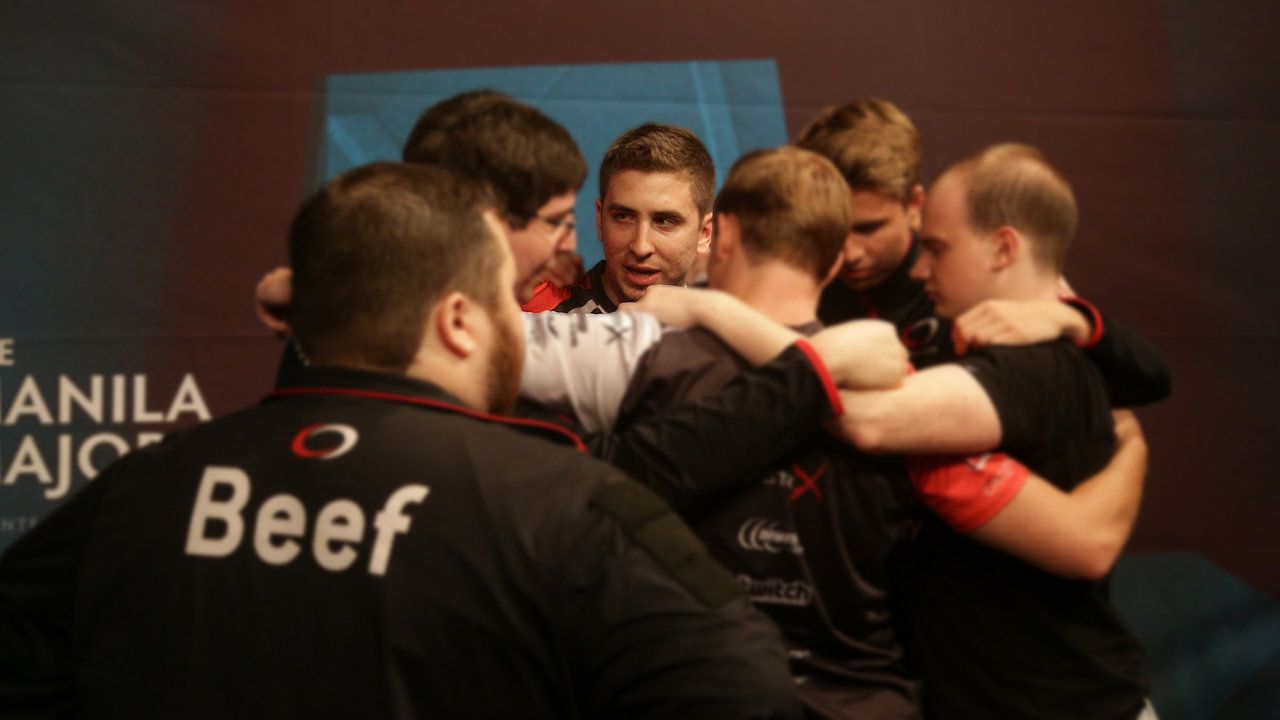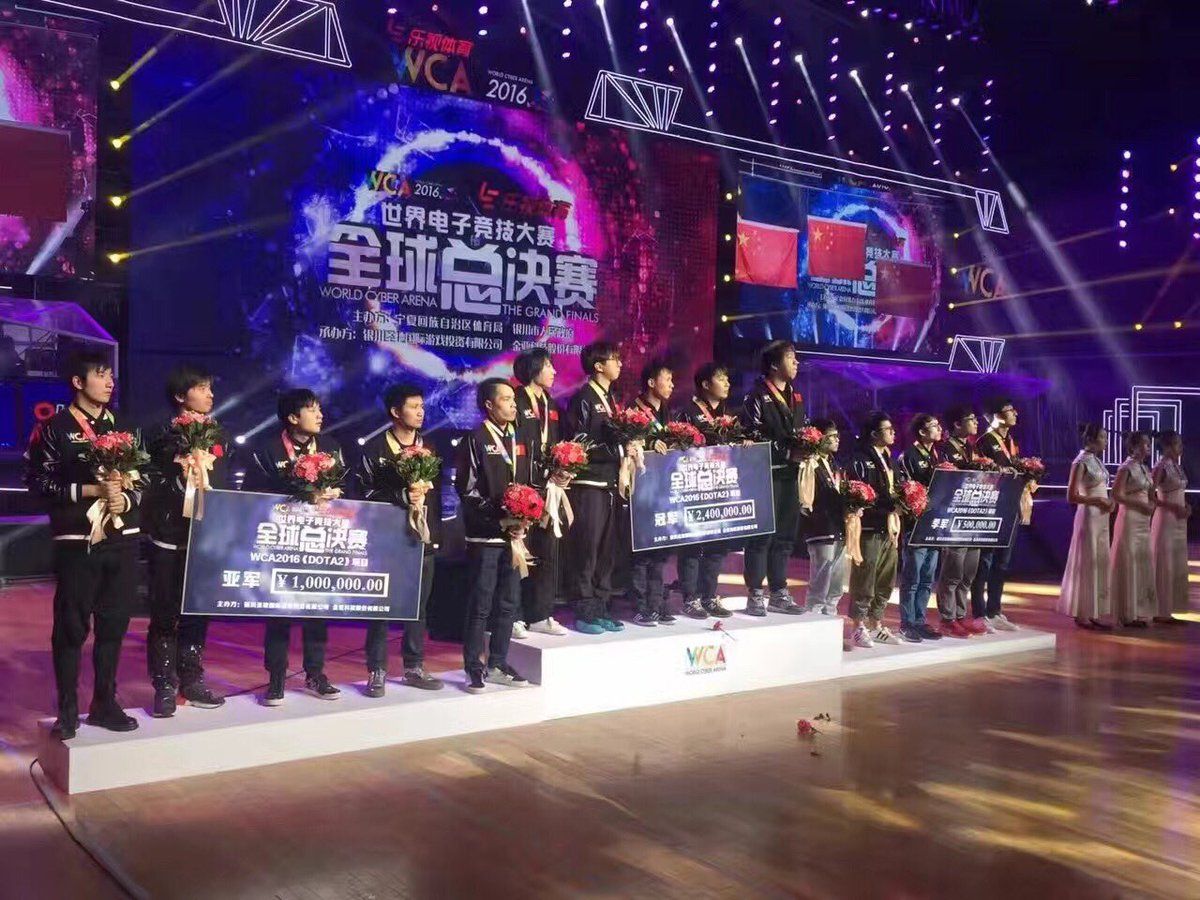Earlier this month, a public Google Sheets document sent shockwaves throughout the Dota 2 community. The file, simply titled “Dota 2 Debts Tracker,” chronicled every known unpaid service in the community – right down to the dollar. And as it turned out, that was quite a lot of dollars, with thousands and thousands of players calling out major organizations for lack of proper compensation.
This document was the brainchild of Ben “Noxville” Steenhuisen. Steenhuisen is a respected figure in the Dota community, and a man of many talents, with both journalism and commenting gigs under his belt during his time with the game. In recent years, he’s become most known as a statsman, having served as the official English Statsman for TI5 and worked with prolific analysis site datDota.
The 30-year-old Berlin resident was inspired to put the list together after deciding that enough was enough.
“I saw a bunch of people over literally years going public on money owed to them,” Steenhuisen said via email interview, “whilst the same shady people would carry on swindling people.”
Steenhuisen pointed to two major incidents as the breaking point for him. The first were the numerous issues with World Cyber Arena (WCA,) a tournament organizer notorious for thousands of unpaid debts that go back over a year. As reported by compLexity Gaming GM, Kyle Bautista, the company refused to respond to “over a dozen” requests to received their promised compensation. This ghosting of teams is a pattern for the organization – one that’s left numerous individuals unpaid for their time and effort.
The second incident Steenhuisen pointed to was the bankruptcy of GESC, which he says “affected all the talent and broadcast team there - including me.”
This sort of issue, as indicated in the spreadsheet, is a rampant problem that plagues the community – something the statistician says can be chalked up to the industry’s rapid growth and its often very young talent.
“Esports is growing so fast [that] people are quick to invest without doing due diligence,” Steenhuisen says, “and there's just no easy way to get a track record on some of the people in the industry. People often fail in one part of the industry - leaving behind considerable damage - only to go do the same thing again in another part.”
He proceeded to ruminate on the youth of many Dota 2 pros, pointing to a system that actively preys on their lack of financial experience. “They don't always have the right legal advice, often no contracts, and are very commonly exploited,” he said.
But while these issues are well-known throughout both the player base and the community that surrounds it, there’s seemingly not much that can be done with things in their current state. Steenhuisen points out that there are protections granted to League of Legends and Overwatch pros, such as mandated salaries and a thorough dispute resolution process. While he’s quick to acknowledge the issues exist in those scenes as well, they’re much rarer due to those systems.
From Steenhuisen’s perspective, Valve could do much more to prevent this mistreatment of talent.
“It's hard to say for sure where the 'acceptable' level of accountability is,” he remarks, “but I think we're definitely below any reasonable definition of where it is.”
He continues. “Valve are the only ones with enough power to regulate tournament organizers through tournament licenses, but [don’t really have] an incentive to do so. The people screwed over very rarely blame Valve for it, [because] in many cases […] they don't want to be seen to bite the hand which feeds.”
Steenhuisen doesn’t think that the situation is totally hopeless, however. As expected of somebody whose life revolves around his expertise in the game and the raw data surrounding it, he points to a few detailed potential solutions.
“Valve could hold on to their DPC share, meaning that worst case the players get 50% of their prize money,” he suggests. “Valve could incentivize more TOs (tournament organizers) in the space over time by making monetization easier. [Or] Valve could not issue tournament licenses to TOs who owe money.”
When asked if players unionizing could solve the problem, he doesn’t seem so sure. “A union could demand the prize money up front in escrow, but most TOs can't afford to do that. So it'd likely not work.”
Only time will tell which, if any, of these steps Valve will make to curb exploitation of talent. This is a large beast to tackle, after all, and it will take some serious effort from numerous parties to make a real change. For the time being, however, the stats tracker is a step in the right direction. For his part, Steenhuisen is hopeful that his efforts can make a change for the better in the community.
“I hope that short and medium-term, it prevents the same bad actors from interacting, or at least people knowing their history,” he says. “A public record is a good way to do that, and if it even stops one case, then I'm happy.”



